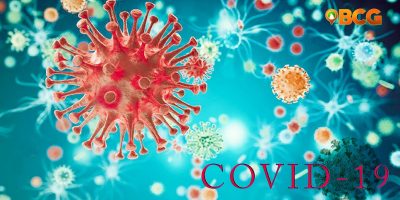Can Aging Process be Delayed? See the New Insights Discovered by Researchers
The University of California San Diego molecular biologists and bioengineers have recently discovered the “key mechanisms,” as they call it, behind the mysteries of aging. Thus, made them one step closer to delaying the aging process.
The aging of our individual cells determines our lifespan. So what they did in their research is to isolate two distinct paths that cells travel during aging. After so, they engineered a new way to genetically program these processes to extend lifespan.
University of California San Diego Researchers Discoveries
They studied aging in the budding yeast, wherein they discovered that cells of the same genetic material and within the same environment can age in distinct ways.
With the use of microfluidics and computer modeling among other techniques, the researchers found out that about half of the cells age through a gradual decline in the stability of the nucleolus. While the other half age due to dysfunction of their mitochondria, the energy production units of cells.
The cells follow the aging route through either one of the said paths.
“To understand how cells make these decisions, we identified the molecular processes underlying each aging route and the connections among them, revealing a molecular circuit that controls cell aging, analogous to electric circuits that control home appliances”
– Nan Hao, Senior Author of the study, Associate Professor in the Section of Molecular Biology, Division of Biological Sciences
Through their research, Nan Hao and his coauthors found out that they could manipulate and even optimize the aging process. And with the help of computer simulations, they are able to genetically create a new aging route which “dramatically extended lifespan.”
The University of California San Diego on Aging
The research of the University of California San Diego researchers about aging is entitled A programmable fate decision landscape underlies single-cell aging in yeast. It has been published in Science journal on July 17, 2020.
With their goal of effectively delaying human aging and extending human healthspan, Hao said, “Our study raises the possibility of rationally designing gene or chemical-based therapies to reprogram how human cells age.”
The University of California San Diego researchers will now test their new model in more complex cells and organisms. And eventually, in human cells.
SOURCE
University of California San Diego













